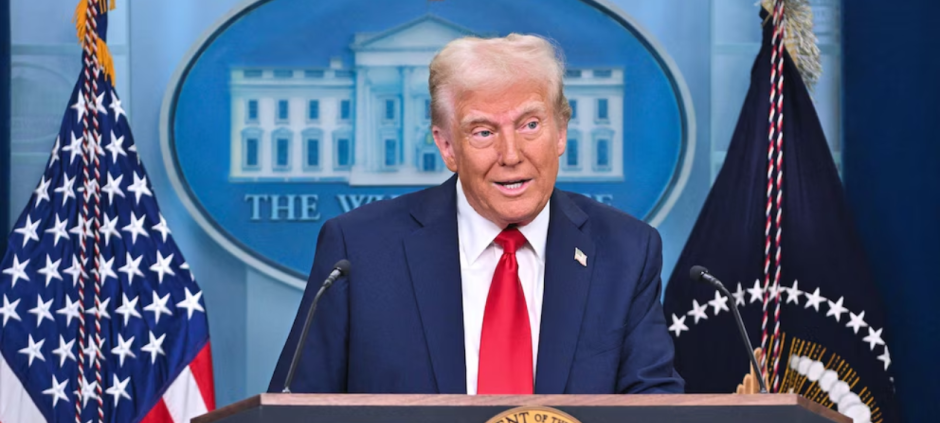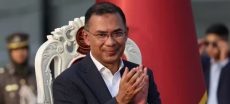A U.S. judge has issued a temporary restraining order to block President Donald Trump’s plan to place 2,200 USAID workers on paid leave, just hours before the measure was set to take effect. Judge Carl Nichols’ ruling comes in response to a lawsuit filed by two unions representing USAID employees.
The restraining order will remain in place until February 14, halting the furlough plan and reinstating workers who had already been placed on administrative leave. This ruling prevents the Trump administration from continuing its efforts to downsize USAID, a key U.S. agency responsible for global humanitarian and health aid.
Also Read: Canada Retaliates Against Trump with $155 Billion Tariffs
USAID, the world’s largest humanitarian aid agency, operates in some of the most impoverished regions across the globe with its 10,000 employees. The administration’s plan to furlough a significant portion of the staff was part of its broader initiative to reduce government spending and restructure federal agencies, but unions argued that the move violated constitutional protections.
In his ruling, Judge Nichols agreed with the unions, noting that they would suffer “irreparable harm” without the injunction, while the government would face “zero harm” by halting the measure temporarily. The unions welcomed the decision, though the legal battle is ongoing, with a hearing on a longer-term block scheduled for Wednesday.
President Trump has previously criticized USAID as a waste of taxpayer money, proposing significant cuts to its funding. His administration’s stance has sparked widespread opposition from aid organizations and former officials who argue that dismantling the agency would hinder crucial humanitarian efforts globally. As the legal battle continues, the future of USAID and its role in U.S. foreign policy remains uncertain.











